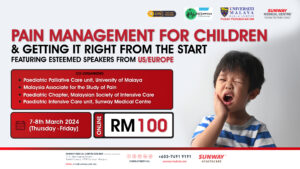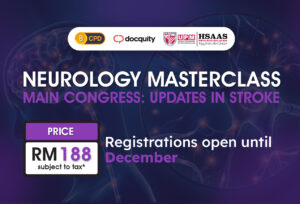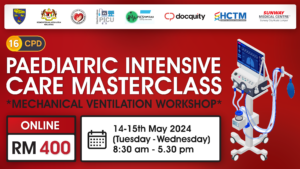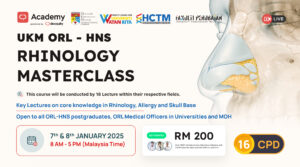
Pain Management for Children & Getting it Right From The Start
Pain Management for Children & Getting it Right From The Start
Explore Pain Management for Children & Getting it Right From The Start for their overall quality of life.
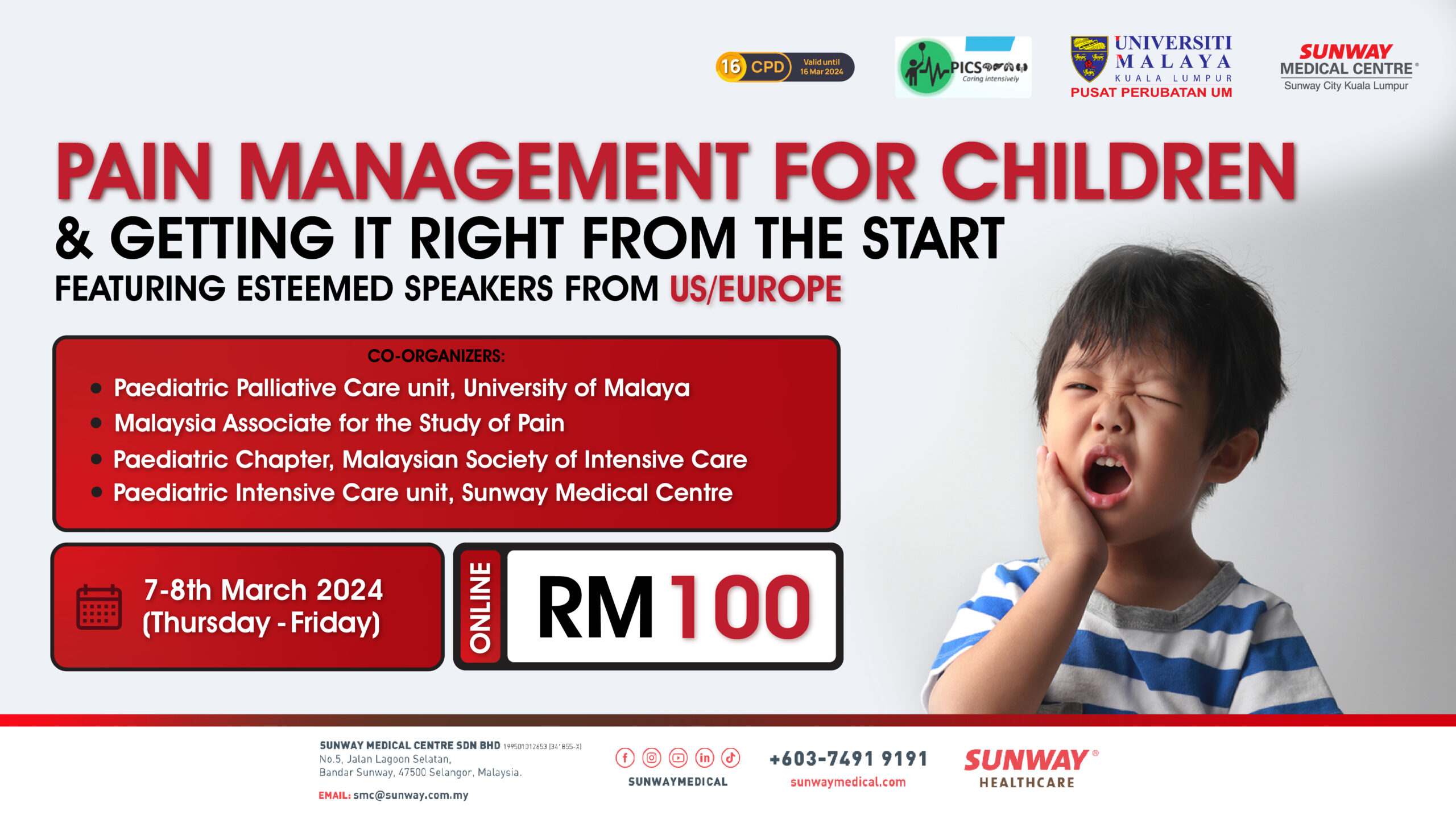
Overview Pain Management for Children & Getting it Right From The Start course.
The Pain Management for Children & Getting it Right From The Start course is crucial to ensure their well-being and comfort. It helps in identifying and addressing pain early, promoting better physical and emotional development. Effective pain management can enhance a child's overall quality of life, improve sleep, and contribute to a positive healthcare experience.
This training is intended for the following participants.
Why they should attend: Pediatric intensivists are at the forefront of caring for critically ill children. Attending this course equips them with advanced knowledge in pain management, enhancing their ability to manage complex issues effectively and improving patient outcomes.
Why they should attend: Pediatric nurses play a crucial role in delivering day-to-day care in critical care units. This course offers them specialized training to better understand and administer pain management in children, ensuring comprehensive and informed patient care.
Why they should attend: Pediatric surgeons often work closely with critically ill children, especially in cases requiring surgical interventions. Understanding pain management is essential for their holistic approach to care, as pain is subjective and broad that may accompany other surgical conditions.
Why they should attend: Pediatric anesthesia requires a specialized and compassionate approach, considering the unique physiological and emotional needs of children. The goal is to provide safe and effective anesthesia while minimizing stress and ensuring a positive experience for both the child and their family.
Why they should attend: While respiratory therapists may not directly prescribe pain medications or administer pain management interventions, their expertise in respiratory care can significantly contribute to the overall comfort and well-being of patients, particularly those dealing with pain related to respiratory issues. As part of the interdisciplinary healthcare team, their role complements the efforts of other healthcare professionals in providing holistic patient care.
Why they should attend: As future healthcare providers, attending this course can help medical students and residents build a strong foundation in pediatric care, preparing them for their future roles in healthcare.
What will you learn from this course?
Pain Assessment
The Pain Management for Children & Getting it Right From The Start course equips healthcare professionals with the knowledge and skills necessary to provide compassionate and effective pain management, leading to better patient outcomes and overall healthcare quality.
Recommendation for Pain Management
Recommendation for Pain Management covers Children with Severe Neurological Impairment and Neonates as well as Assessment and Overview of Management for Chronic Pain in children.
Managing Pain and Distress during Medical Procedures
Managing pain and distress during medical procedures is crucial for patient comfort and well-being. Techniques include the use of appropriate analgesics and anesthetics, implementing distraction methods such as music or guided imagery, ensuring clear communication between healthcare providers and patients, and creating a supportive environment.
Multimodal Analgesia
An approach to pain management that combines multiple methods to provide more effective and well-rounded pain relief. It involves using a variety of medications and techniques, such as opioids, nonsteroidal anti-inflammatory drugs (NSAIDs), local anesthetics, and nerve blocks, to target different pain pathways.
Integrative Therapies
Integrative therapies involve combining conventional medical treatments with complementary and alternative approaches to address various aspects of a person's health and well-being.
Implementing Pain Education in a Healthcare Setting
Strategic and comprehensive approach to enhance the understanding, management, and communication surrounding pain.
Overcoming organizational challenges in pain management
This topic covers effective pain management in the following settings which includes during painful procedures, cancer pain, accident and emergencies, in the wards and post-operative pains as well as strategies to improve pain management at an organizational level.
What did the participants say about this course?
Attending the pain management course was a game-changer for me. The comprehensive curriculum equipped me with practical strategies to assess and address pain effectively. Looking forward to more courses from Docquity.

Dr. Anita Priya
Know your instructor
Instructors for the "Pain Management for Children & Getting it Right From The Start" webinar are an esteemed panel of 11 highly experienced doctors who bring a wealth of knowledge and expertise in pediatric pain management. With backgrounds in various specialties, they collectively offer a comprehensive perspective on pain management for pediatric patients. Rest assured, you will be learning from the best in the field, ensuring a rich and insightful educational experience.
Frequently Asked Questions
